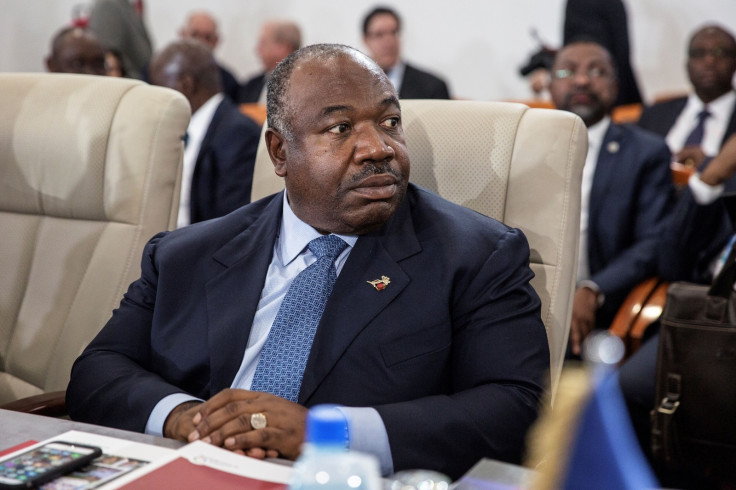EU resolution: Gabon may face sanctions if bloc not satisfied with response to alleged rights abuse
EU Parliament resolution on post-electoral crisis in Gabon calls for tougher stance on African nation.

The European Parliament adopted a resolution yesterday (2 February) on the post-electoral rule of law crisis in Gabon that followed August 2016 presidential election.
Days of deadly rioting followed the controversial re-election of President Ali Bongo, 57, on 31 August. Bongo, whose family has been in power for nearly 50 years, was declared president until 2025. Opposition candidate Jean Ping, 72, claimed he was cheated of victory when he accused the incumbent leader of vote rigging to secure a win. France urged a recount.
Calling for a "thorough and expeditious reform of the electoral framework to improve it and make it fully transparent and credible" as well as investigations into alleged human rights violations, arbitrary arrests, illegal detentions and political intimidation, European MPs yesterday decided to stand firm vis-à-vis the Gabonese government.
Seven parliamentary groups – the overwhelming majority of MEPs – adopted the resolution. The parliamentarians cast doubts on Bongo's presidential legitimacy noting that the official 2016 presidential election results are "non-transparent and highly doubtful".
The MEPs went further than the December report by European electoral observation mission, which at the time said that "anomalies call into question the integrity of the process of consolidating the results and the final result of the election".
The resolution, which is not binding, demands that European Council ministers take up the matter and trigger the Cotonou Agreement. This 2000 accord stipulates that Brussels and Libreville must start consultations to find solutions to the alleged human rights violations and the political crisis in the country under the Article 96 of the Cotonou Agreement (see box).
Going further, if the council of the European Union is not satisfied with Gabon ministers' commitment to human rights, democratic principles and the rule of law, it can impose sanctions against "those responsible for violence, abuse of human rights and sabotage of the democratic process".
The council invoked the Cotonou Accord in December 2015, less than a year after President Pierre Nkurunziza's controversial third term re-election Burundi's deadly politically motivated violence. Four months later, Brussels cut its financial aid to Bujumbura.
What does the Cotonou Agreement say?
- A partnership agreement between the African Caribbean and Pacific states and the EU
- Article 96 of the agreement 'aims to safeguard and promote human rights, democratic principles and the rule of law in Africa, the Caribbean and the Pacific through political dialogue'
- Article 96 outlines that consultations should arise if a signatory country breeches human rights or fails to achieve good governance
- Breeches can lead to 'the cessation of aid and development cooperation'
- If no satisfactory resolution to the differences can be found, the EU can take 'appropriate measures', such as more or less serious sanctions.
© Copyright IBTimes 2024. All rights reserved.






